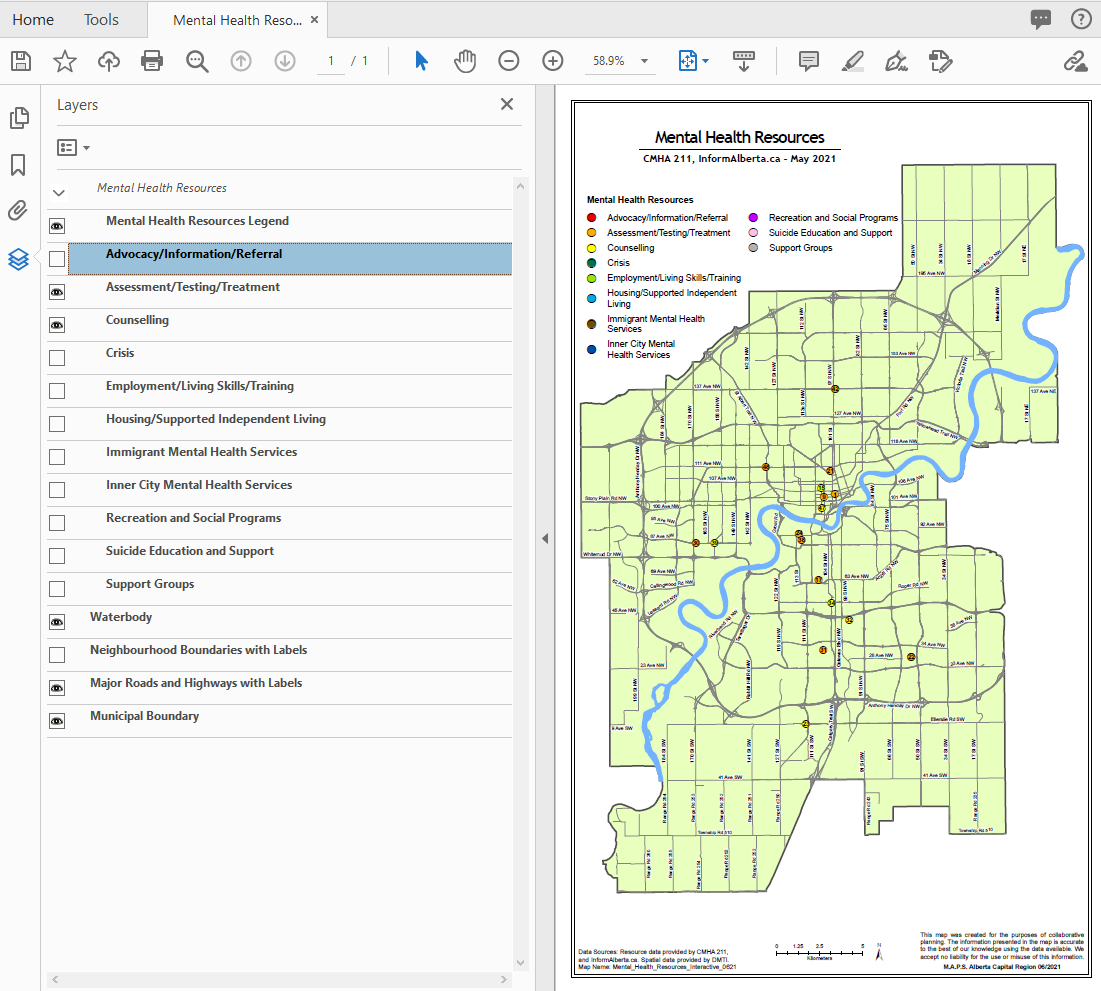Building Trauma-Informed Support Networks in Leduc County: My Honest Take

So let's talk—late-night, coffee-in-hand style—about building trauma-informed support networks in Leduc County. 🎯 Yup, this is about the messy, brave world of victim support services and what worked, what sucked, and what surprised me.
I got thrown into all this in mid-2021. That time matters, because since then, things like RCMP partnership projects in Alberta totally changed. If you're looking for tips (or just not to feel so stuck), I'll try to be as real as possible. After all, man, I've made mistakes.
Why Community-Based Support Actually Matters More Than You'd Think
Early on, I figured official crisis intervention Alberta teams had it covered. Turns out, local crime victim resources make a huge difference in how real people recover—even if it feels like amateur hour sometimes.
Volunteering as a victim advocate blew my mind. I met folks who called the confidential support hotline at 2AM. Some were terrified, some just wanted resource info—sometimes both in five minutes.
Court accompaniment for victims? It's way more than just showing up. Often, the presence of a regular person (not a badge, not a suit) calms the worst panic. That shouldn't be underestimated.
But trauma-informed advocacy… That's a buzzword, right? Except I learned: without it, all your well-meaning pep talks do more harm than good.

Leduc County, being kinda small but close to Edmonton, gets forgotten sometimes. The Leduc RCMP Victim Services Unit and places like Riseup Society Alberta are trying though, for real.
Honestly, trauma-informed care is hard when you're exhausted. But seeing someone get their dignity back is everything. No amount of training—St. John Ambulance, Victim Services Alberta, whoever—prepares you for how human it gets.
What Surprised Me About Trauma-Informed Support (Plus the Weird Bits)
I'll be honest; I imagined 24/7 victim assistance to be like in TV shows—people running around with clipboards. 📋 Not even close.
Phone can ring at 3AM. Someone's been assaulted. They need more than a checklist. They need you to not freak out when you hear details you wish you hadn't.
Working with RCMP partners, I thought things would be strict, like all paperwork and protocols. Truth: officers here in Leduc (shout out to Constable Mallard, 2023) listen to advocates' ideas more than I expected. The partnership isn't perfect, but it honestly helps.
There's a ton of community referrals for crime survivors now. I wish I'd known about Brighter Futures Outreach or the free legal clinics sooner. My "facepalm" moment? Didn't realize at first that the local food bank sometimes helps with trauma support, not just food.
Sometimes you lose people to frustration—they move, stop answering calls, or just want out. That stuff stings.
But when you sit beside someone in court, and their hands stop shaking—or they say, "I feel safer with you here"—well, it messes with you, in a good way.

What I Wish I'd Known: Tips and Lessons From the Trench
Here's my messy, sleep-deprived toolkit. I learned all this the hard way, so maybe you won't have to.
- You can't fix everything.
Seriously. Just sit, just listen. - Confidential support hotline is your lifeline.
Practice what you'll say. Silence kills nerves. - RCMP partnership takes work.
Get to know officers as people. They're usually stressed too. - Court accompaniment isn't magic, but it helps.
Explain every step to the person you're with—even if it feels stupid. - Referrals, referrals, referrals.
Keep a list on your phone. Everything from trauma therapists to "who gives bus fare." - Take breaks.
You can't be a support zombie. Cry if you need. (I do.)
Comparing Leduc County Support Options (2025-Style)
So, is Leduc County the best? Not always, but it's not the Stone Age either. 🏆 If you're wondering what's out there, here's a quick table—all based on my personal slog:
| Organization/Resource | Supports Offered | 24/7? | Court Accompaniment | Free? |
|---|---|---|---|---|
| RCMP Victim Services Leduc | Hotline, Crisis, Court | Yes | Yes | Yes |
| Riseup Society Alberta | Group Therapy, Advocacy | No | No | Sliding Fee |
| Brighter Futures Outreach | Referrals, Housing Help | No | No | Yes |
| Alberta Victim Services | General Info, Hotline | Yes | Sometimes | Yes |
What Experts Say—And It's Not All Fluff
According to a 2025 report from Alberta Justice and Solicitor General, "Trauma-informed victim support increases long-term recovery rates for crime survivors" (source).
Also, Riseup Society Alberta keeps reminding everyone: "Peer support is not a replacement for therapy, but it's a critical first step," (as quoted late 2024).

This Always Comes Up: FAQ for Leduc Victim Support
Do I have to go to the RCMP to get help?
Honestly? Nope. Many services are independent. But RCMP Victim Services Unit often connects you fastest. (2025)
Is the support really confidential?
It should be, but always ask. Most orgs, like Riseup, are strict about privacy. (2025)
Can I get help if it happened a while ago?
Absolutely. There's no statute of limitations on trauma. (I've seen people call years later.) (2025)
Is there a confidential support hotline?
Yes! RCMP Victim Services Leduc: 780-980-7232. Seriously, pen it down. (2025)
Will they judge me?
We all say "no." But some days, people mess up. If you ever feel shamed, try another service—don't give up. (2025)
Rough Edges, Real People: Why This Stuff Actually Works
Honestly, I came into this figuring I'd burn out. Some days, I almost did. If you ask me whether Leduc's trauma-informed advocacy is perfect, I'll say, "Not a chance."
But it helps. I've watched crime survivors go from terrified to a little less so. Court accompaniment, community referrals—heck, just the confidential support hotline—make the difference.
For me, I stayed because one survivor told me, "You made me feel like a real person again." Maybe that's corny, maybe not.
Will it work for you? Can't promise. But, man, it worked for me. 🌟
